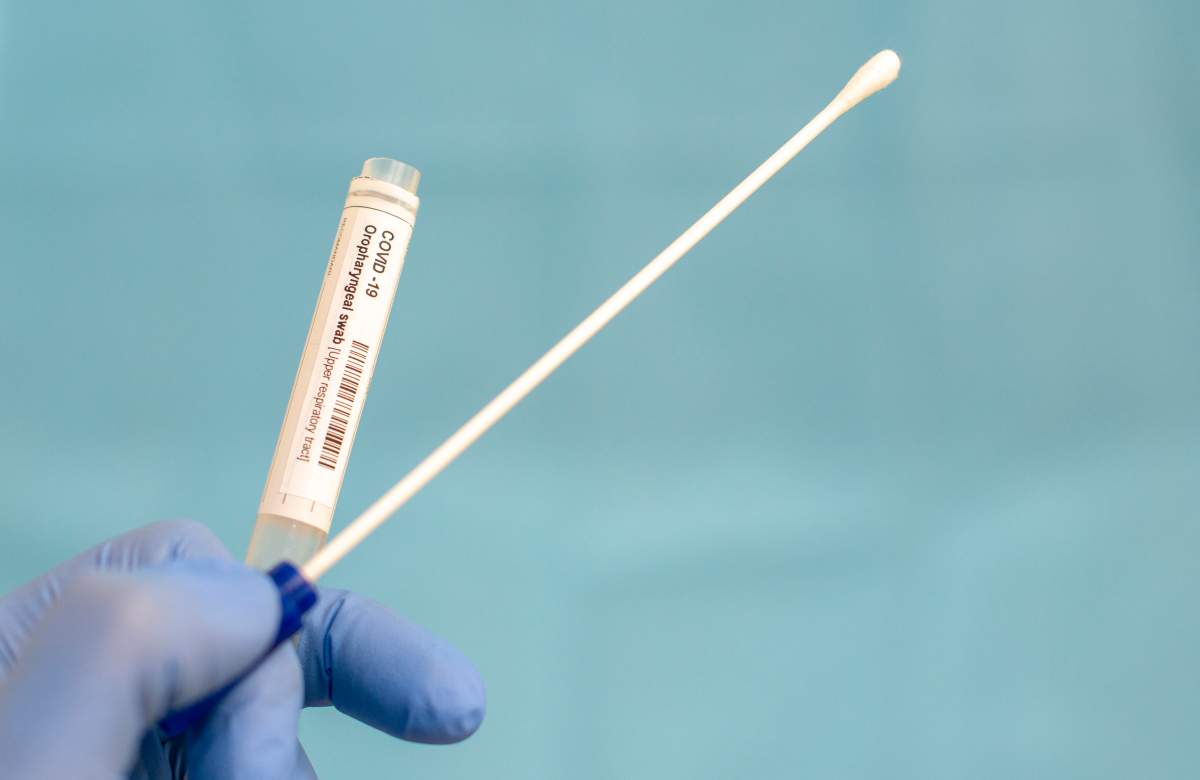Challenges are being addressed as Hutterite communities in Saskatchewan deal with a COVID-19 outbreak, according to the Hutterian Safety Council (HSC).

The outbreak was declared last week on two Hutterite communities in the rural municipality of Maple Creek.
Since the declaration, a press release on Monday said the unfortunate misunderstanding has taken root that positive COVID-19 tests would lead to an economic shutdown of their communities.
As a result, the Saskatchewan Health Authority (SHA) experienced some resistance to COVID-19 testing at some Hutterite communities.
“While the vast majority embraced the leadership of the SHA and HSC, a small group has resisted intervention. This is regrettable, but also not wholly unexpected for a group of diverse people spread over a vast political and geographical area,” read a joint statement from the SHA and HSC.
“Like the rest of society, Hutterite communities feel the impact of disrupted routines and tradition infringing upon requests to adapt to public health orders measures.
“We recognize that Hutterite communities are an integral part of the local food network and economy.”

The HSC acknowledged there’s been challenges getting some Hutterite communities to implement proper protocols and to abide by the public health orders, although most adapted.

Get weekly health news
“In the face of the COVID-19 pandemic, we recognize that we are linked through our common humanity, our common susceptibility to disease and sickness. However, we are also aware of how rapidly stigmatizing individuals or peoples can cause division and conflict,” read the statement.
“A lot of progress has been made, and communities that were lax in implementing proper COVID-19 protocols are now participating in training, education, and taking testing… members are committed to eradicating the virus in their communities and to ensure that it does not spread to the surrounding communities.”
The SHA said the decision of Maple Creek area leadership to work together to contain the virus is the only way to retain consumer confidence and expedite the reopening and recovery of the Saskatchewan economy.
“While it’s natural to be concerned about COVID-19 and its potential impact on family or community, it is not helpful to stigmatize those who are getting tested or who test positive,” read the statement.
“The coronavirus affects all our communities and as such we share a common responsibility to support each other through these challenging times. Activities that single out or create unfair biases between neighbours and our unique communities are contrary to the spirits of unity, kindness, and generosity that define our province.
“Unity and solidarity will empower us to face this crisis together and compel us to have deeper compassion and understanding so that we build safer and more resilient communities in this great province.”
The HSC, in collaboration with SHA, has facilitated communications to multiple Hutterite communities in order to allay their fears and encourage leaders to work together with public health officials, officials said.
“Many Hutterites feel that their communities are isolated and thus are insulated communities. This creates a false sense of security in the face of the COVID-19, and HSC continues to work at dispelling this notion,” read the statement.
The HSC said its COVID-19 Safety Taskforce was established back in March when the pandemic began.
Questions about COVID-19? Here are some things you need to know:
Symptoms can include fever, cough and difficulty breathing — very similar to a cold or flu. Some people can develop a more severe illness. People most at risk of this include older adults and people with severe chronic medical conditions like heart, lung or kidney disease. If you develop symptoms, contact public health authorities.
To prevent the virus from spreading, experts recommend frequent handwashing and coughing into your sleeve. They also recommend minimizing contact with others, staying home as much as possible and maintaining a distance of two metres from other people if you go out. In situations where you can’t keep a safe distance from others, public health officials recommend the use of a non-medical face mask or covering to prevent spreading the respiratory droplets that can carry the virus.
For full COVID-19 coverage from Global News, click here.







Comments
Want to discuss? Please read our Commenting Policy first.